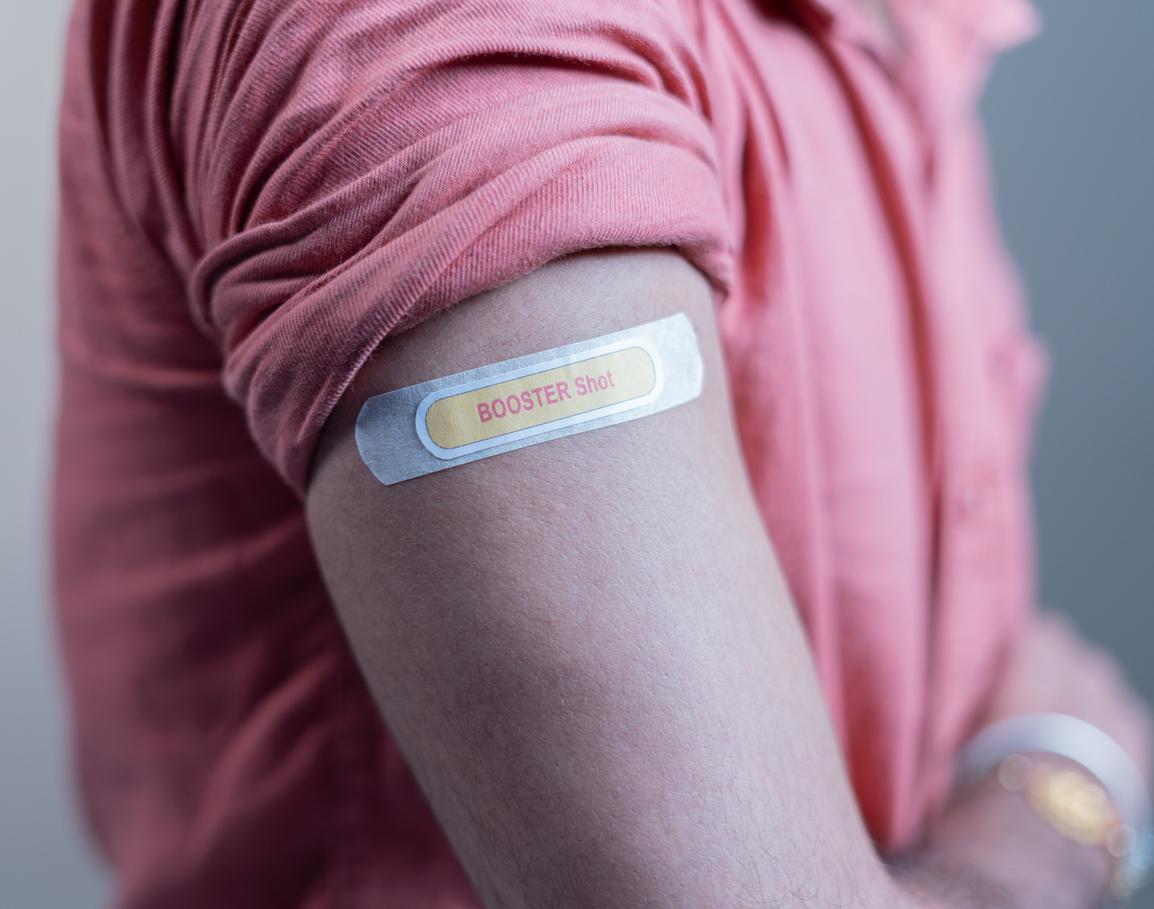This week the Food and Drug Administration (FDA) and the Centers for Disease Control and Prevention (CDC) signed off on booster doses of all three COVID-19 vaccines currently in use in the United States.
As of today, White House officials said 70 million Americans are eligible for a booster and more than 120 million Americans will be eligible in the coming weeks, or 2 out of 3 vaccinated people in the United States.
Eligible Americans can choose any booster they want, either sticking with the vaccine used in their primary series or mixing and matching, CDC Director Rochelle Walensky, MD, MPH, said today during a White House press briefing.
"But we can't boost our way out of the pandemic," Walensky said, emphasizing that more than 64 million Americans are still unvaccinated and at risk from COVID-19 infections.
Currently anyone who received a Johnson & Johnson vaccine more than 2 months ago can be boosted. People over 65 who completed an mRNA series more than 6 months ago, or are 18 and older with an underlying medical condition or working or living in an environment that puts them at high risk for infection, can also get a booster.
The CDC COVID Data Tracker shows 57.2% of Americans are fully vaccinated against COVID-19, 66.2% have received at least one dose of vaccine, and 6.1% of fully vaccinated people have received a booster dose.
Cases decrease, but hot spots remain
Also today during the briefing, Walensky said the 7-day average for case counts dropped 15% to 73,000 cases per day. Hospitalizations decreased 10% to 6,300 per day.
But some hot spots remain. Alaska set a record for coronavirus-related hospitalizations and reported 1,024 new COVID-19 cases yesterday, according to the Anchorage Daily News.
The United States reported 80,072 new COVID-19 cases yesterday, and 1,903 deaths, according to the Johns Hopkins COVID-19 tracker.
Today in Morbidity and Mortality Weekly Report, CDC researchers showed there were no significant differences in disease severity between the pre-Delta and Delta periods among fully vaccinated or unvaccinated hospitalized patients.
The Delta (B1617.2) variant is highly transmissible and became the dominant strain in the United States this summer. The study did show rates of hospitalizations for adults ages 18 to 49 rose after Delta became dominant.
"This was driven by the larger number of unvaccinated hospitalized patients in this age group, likely reflecting lower vaccination coverage in younger adults than in older adults," the authors said. "When examined by vaccination status, 71.8% of COVID-19–associated hospitalizations in the Delta period were in unvaccinated adults."
Pfizer vaccine 91% effective in young kids
Next week, the FDA's Vaccines and Related Biological Products Advisory Committee (VRBPAC) will meet to discuss Pfizer-BioNTech's application for using a reduced dose of its mRNA vaccine for children ages 5 to 11. Ahead of the meeting, the agency released documents today from Pfizer showing the vaccine was 90.7% effective in preventing children in that age-group from illness.
The numbers come from a trial of 2,268 children. Only three of the children who were vaccinated got COVID-19, compared to 16 children who received a placebo shot. Importantly, the trial was conducted after July, when the Delta variant was established as the dominant strain in the United States.
Pfizer also said none of the recipients developed myocarditis.





















